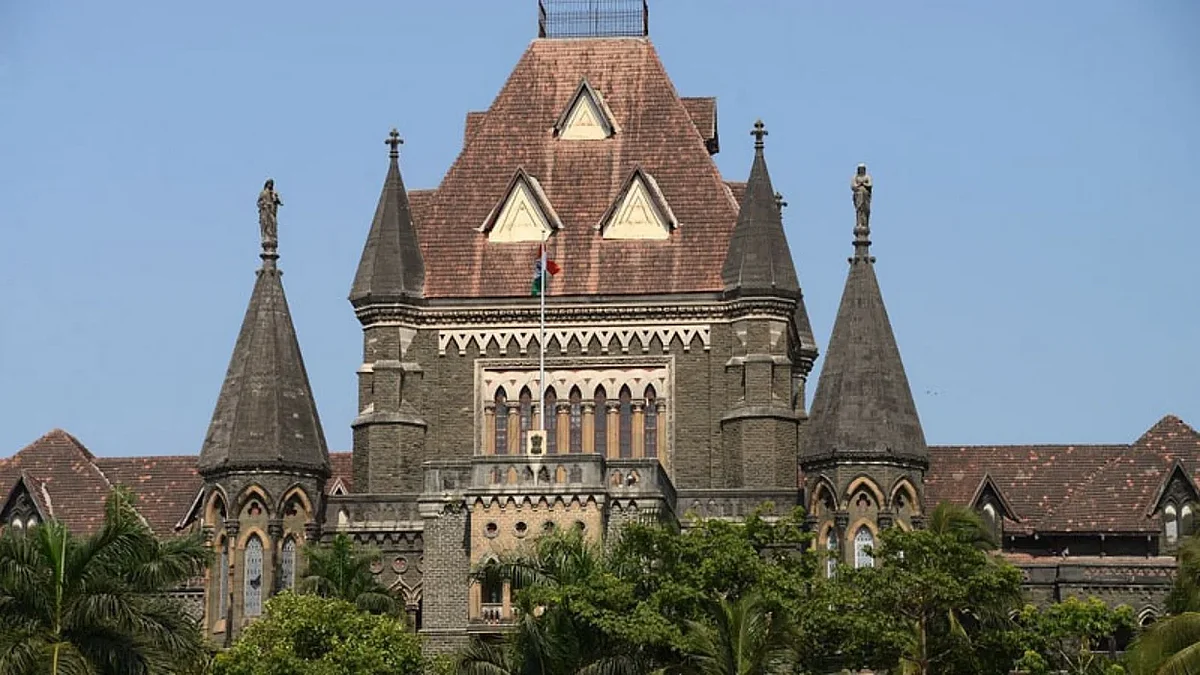Business
Bombay High Court Grants Capital Gains Tax Exemption for Multiple Homes

The Bombay High Court has delivered a landmark ruling allowing taxpayers to claim long-term capital gains tax exemptions on multiple residential properties under the Income Tax Act. This decision applies to transactions conducted prior to the amendments made in 2014, which limited the exemption to a single residential house.
In a case involving Krishnagopal B. Nangpal, the court clarified that the earlier version of Section 54(1) of the Income Tax Act, which referred to “a residential house,” did not impose a numerical restriction on exemptions. The ruling emerged from Nangpal’s inheritance of a flat located at Marine Drive, Mumbai, which he sold for Rs 1.45 crore in 1993. Following the sale, he invested the entire proceeds into seven row houses in Pune through agreements with the developer Samant Estate Pvt Ltd in 1995.
During the income tax assessment, the Income Tax Department contended that Nangpal was entitled to an exemption for only one property. This interpretation was partly supported by the Income Tax Appellate Tribunal (ITAT). However, the High Court overturned this decision, emphasizing that the law had only changed on April 1, 2015, when the Finance (No. 2) Act, 2014, introduced the restriction.
The court noted, “The emphasis in the unamended Section 54(1) is on the residential nature of the property, not the number of houses,” asserting that the terms used were descriptive rather than restrictive. Citing precedents from both the Karnataka High Court and Madras High Court, the bench concluded that Nangpal should be granted the full exemption for all seven row houses he purchased.
By quashing the assessment order and the ITAT ruling, the Bombay High Court has allowed Nangpal to fully benefit from the capital gains exemption under the previous provisions of Section 54(1). This ruling sets a significant precedent for other taxpayers who may have similar cases from before 2015, reaffirming that amendments to tax laws cannot be applied retrospectively unless explicitly stated.
The decision reflects a broader understanding of taxpayers’ rights, particularly in relation to investments made prior to legislative changes. It reinforces the notion that the intent of tax law should consider the nature of ownership rather than impose restrictions that could disadvantage taxpayers who acted within the framework of the law at the time of their transactions.
-

 World5 months ago
World5 months agoSBI Announces QIP Floor Price at ₹811.05 Per Share
-

 Lifestyle5 months ago
Lifestyle5 months agoCept Unveils ₹3.1 Crore Urban Mobility Plan for Sustainable Growth
-

 Science4 months ago
Science4 months agoNew Blood Group Discovered in South Indian Woman at Rotary Centre
-

 World5 months ago
World5 months agoTorrential Rains Cause Flash Flooding in New York and New Jersey
-

 Top Stories5 months ago
Top Stories5 months agoKonkani Cultural Organisation to Host Pearl Jubilee in Abu Dhabi
-

 Sports4 months ago
Sports4 months agoBroad Advocates for Bowling Change Ahead of Final Test Against India
-

 Science5 months ago
Science5 months agoNothing Headphone 1 Review: A Bold Contender in Audio Design
-

 Top Stories5 months ago
Top Stories5 months agoAir India Crash Investigation Highlights Boeing Fuel Switch Concerns
-

 Business5 months ago
Business5 months agoIndian Stock Market Rebounds: Sensex and Nifty Rise After Four-Day Decline
-

 Sports4 months ago
Sports4 months agoCristian Totti Retires at 19: Pressure of Fame Takes Toll
-

 Politics5 months ago
Politics5 months agoAbandoned Doberman Finds New Home After Journey to Prague
-

 Top Stories5 months ago
Top Stories5 months agoPatna Bank Manager Abhishek Varun Found Dead in Well









